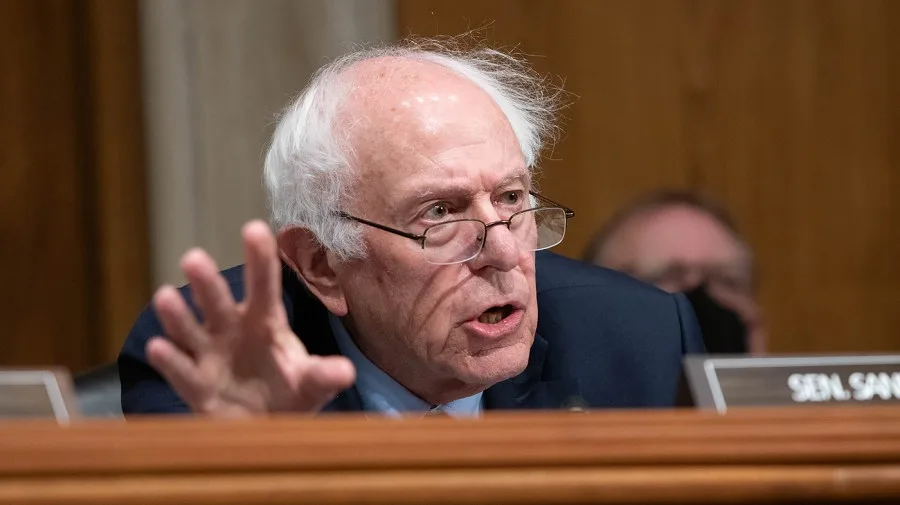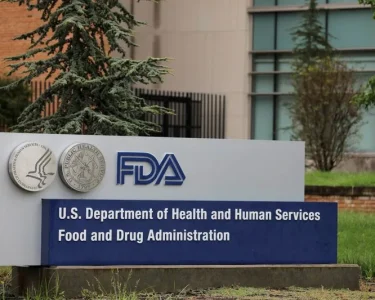In a move that has sparked significant controversy, Dr. Ralph de la Torre, CEO of Steward Health Care System, has declined to testify before a Senate panel despite being subpoenaed. The decision has intensified scrutiny and debate over the healthcare system’s practices and its interactions with regulatory bodies.
The Senate panel, led by the Senate Committee on Health, Education, Labor, and Pensions (HELP), issued the subpoena as part of an ongoing investigation into alleged discrepancies in Steward Health’s financial and operational practices. The investigation aims to uncover whether there have been any violations of healthcare regulations or unethical business practices.
Dr. de la Torre’s refusal to comply with the subpoena has raised eyebrows among lawmakers and healthcare professionals alike. His decision is seen as a challenge to the Senate’s authority and has led to increased calls for accountability from the healthcare sector. The CEO’s stance could potentially set a precedent for how future subpoenas from congressional committees are handled by top executives in the industry.

Steward Health, which operates numerous hospitals and healthcare facilities across the United States, has been under the Senate’s radar following reports of questionable billing practices and financial mismanagement. The Senate panel’s investigation aims to address concerns about the transparency and integrity of Steward Health’s operations.
In response to the subpoena, Dr. de la Torre’s legal team has argued that the Senate panel’s request is overly broad and could infringe on executive privileges. They have also suggested that the panel’s demands might be politically motivated rather than based on substantial evidence.
The refusal to testify has not only fueled political debate but also raised concerns among patients and healthcare advocates. Many worry that such actions could hinder efforts to ensure accountability and transparency within the healthcare system, which is crucial for maintaining public trust and ensuring patient safety.
Healthcare experts argue that transparency and cooperation with regulatory bodies are essential for addressing potential issues within large healthcare systems. They emphasize that refusing to cooperate with investigations could undermine efforts to reform and improve healthcare practices.
The situation has also drawn criticism from some lawmakers who view Dr. de la Torre’s refusal as an attempt to evade scrutiny. Senator Bernie Sanders, a vocal advocate for healthcare reform, expressed frustration over the refusal, calling for stronger measures to compel testimony and ensure that top executives are held accountable for their actions.
Despite the controversy, Dr. de la Torre remains firm in his position. His refusal to testify has prompted the Senate panel to consider further legal actions to enforce compliance. This development has added a new layer of complexity to the ongoing investigation and has amplified calls for reform within the healthcare sector.
The outcome of this standoff will likely have far-reaching implications for both Steward Health and the broader healthcare industry. It highlights the ongoing tension between regulatory oversight and executive authority, underscoring the challenges faced by lawmakers in holding powerful institutions accountable.
As the investigation progresses, stakeholders across the healthcare landscape are closely watching to see how this issue will be resolved. The Senate panel’s response and any subsequent legal actions will be pivotal in determining whether Dr. de la Torre’s refusal will impact the broader efforts to ensure transparency and integrity in healthcare.
For more updates and insights into digital trends and news, be sure to check out our Digital Digest.




